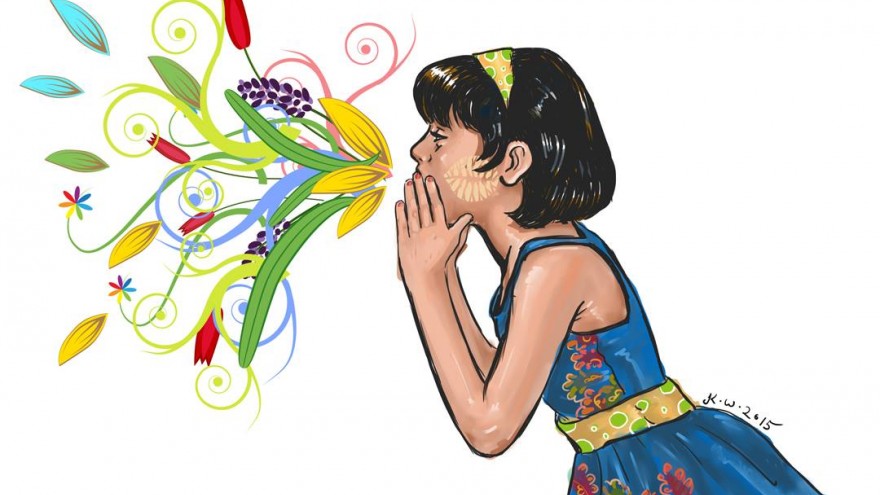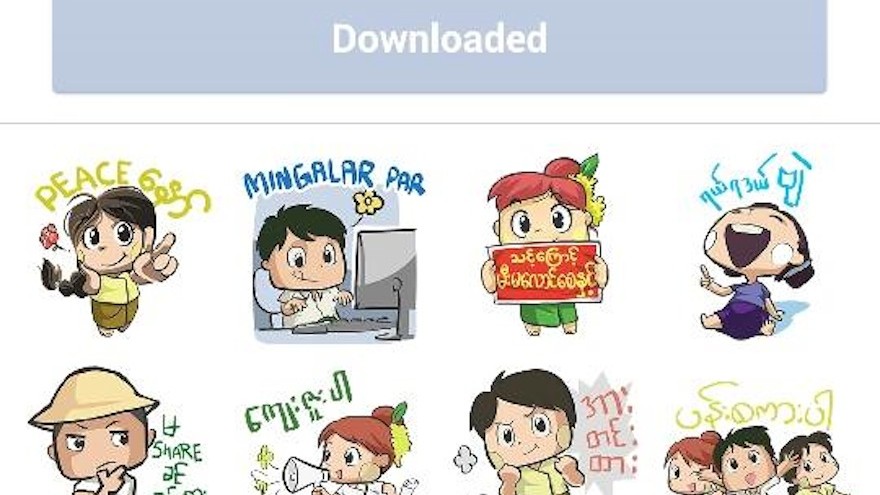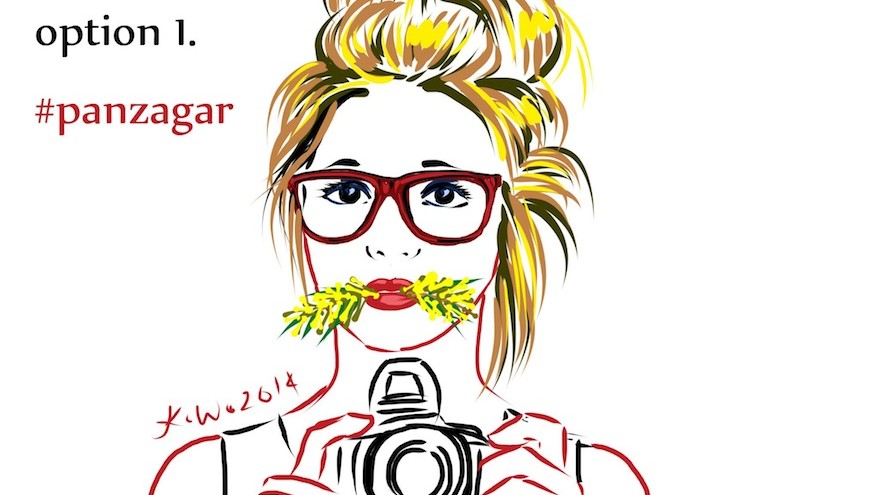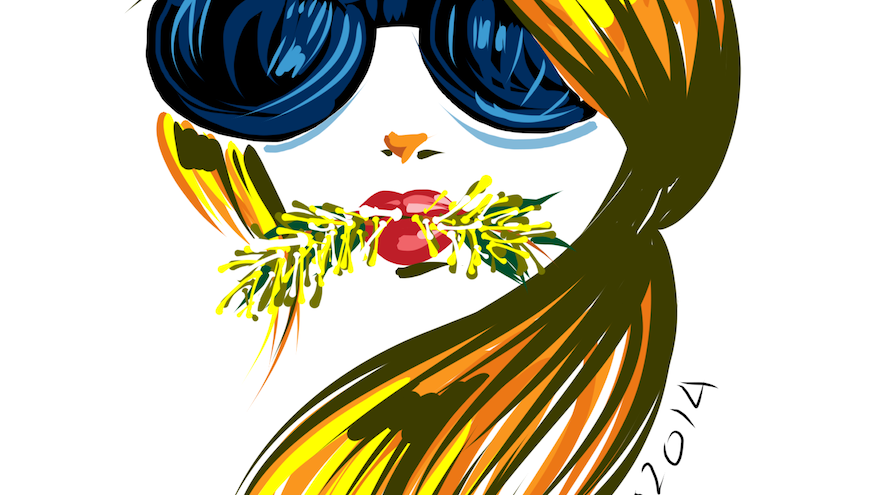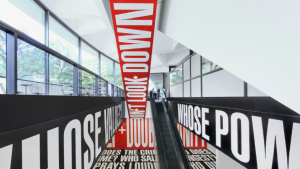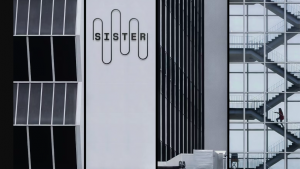From the Series
As Myanmar moves from a military dictatorship to a democracy its people are enjoying their newfound freedom of speech. However, uncensored at last, there have been worrying incidences of hate speech in the country. Burmese activist and blogger Nay Phone Latt started an online campaign called Panzagar (“Flower Speech” in English) to combat hate speech and promote better race-consciousness online.
Until a few years ago Myanmar was one of the worst connected countries in the world: in 2011 the country had lower cellphone penetration than North Korea. Burmese connectivity has jumped two decades of technology in just a few years, with over a million SIM cards being sold every month, the spread of faster internet connections and the proliferation of social media networks like Facebook. In fact, Facebook – which launched in 2011 in Myanmar when the military dictatorship began to take their drastic stranglehold over the country’s communication down a few degrees – has been the country’s go-to online platform for photo storage, e-commerce and inboxing.
The sudden opportunity for free speech in the online space led to rumours, racism and insults between the country's ethnic groups, and led to aggravated race tensions that quickly spread offline.
In April 2014 activist Nay Phone Latt launched his Panzagar campaign to help raise awareness of the dangers of hate speech and violent language online and offline. Pages were started on Facebook for national and international communities to get involved with the campaign, and Latt worked closely with a small group of local artists called Joosk to create character illustrations for the campaign. The artists, influenced by the Japanese style of illustration, created a series of characters that look like Japanese anime. These characters are now available as Facebook stickers in Myanmar.
Although the stickers themselves have incited some negative feedback (some from women’s groups who see the female characters as over sexualised, and one old man character was removed by Facebook for looking too much like a Burmese stereotype), the founders of Panzagar hope they will be available in other countries where there are Burmese minority populations.

